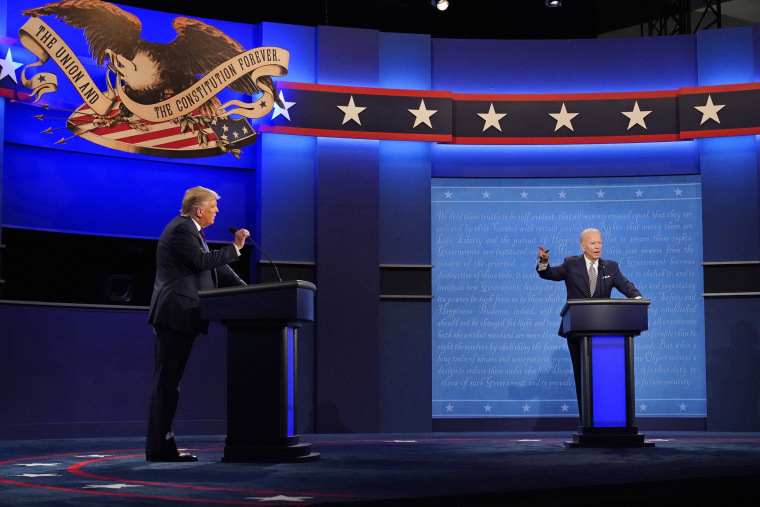At a superficial level, the Democrats' COVID relief package and the Republicans' 2017 tax cuts share some similarities. They both cost $1.9 trillion, for example. They also both passed with zero support from the minority party, represented the top legislative priorities for the respective administrations, took advantage of the budget reconciliation process, and carried price tags that will be added to the deficit.
But that's about where the parallels end. In fact, the fundamental differences between the two are striking in what they tell us about the priorities and values of the contemporary Democratic and Republican parties.
The GOP's $1.9 trillion package of tax breaks was needlessly, but deliberately, regressive: most of the benefits were directed at the wealthy and big corporations. The less an American family earned, the less it received from the Republican plan.
As the New York Times explained well over the weekend, the Democrats' American Rescue Plan flips the model on its head.
To jump-start the ailing economy, President Biden is turning to the lowest-paid workers in America, and to the people who are currently unable to work at all. Mr. Biden's $1.9 trillion economic relief package ... would overwhelmingly help low earners and the middle class, with little direct aid for the high earners who have largely kept their jobs and padded their savings over the past year.
The article added that the Democrats' relief package "includes more generous direct benefits for low-income Americans" than related COVID measures approved by Donald Trump last year, and is "expected to help women and minorities in particular, because they have taken an outsize hit in the pandemic recession."
A Washington Post report added that the American Rescue Plan "represents one of the most generous expansions of aid to the poor in recent history."
We've probably all heard talk from cynical voters who are convinced that the major parties are "basically the same" and effectively owned by giant corporations and monied interests.
But these two bookends -- the Republicans' $1.9 trillion tax breaks on one end, the Democrats' COVID relief package on the other -- undercuts these assumptions to an extraordinary degree.
MSNBC's Chris Hayes described the Democratic bill as "the most aggressive rescue package for the poor, working, and middle class in my time covering politics."
